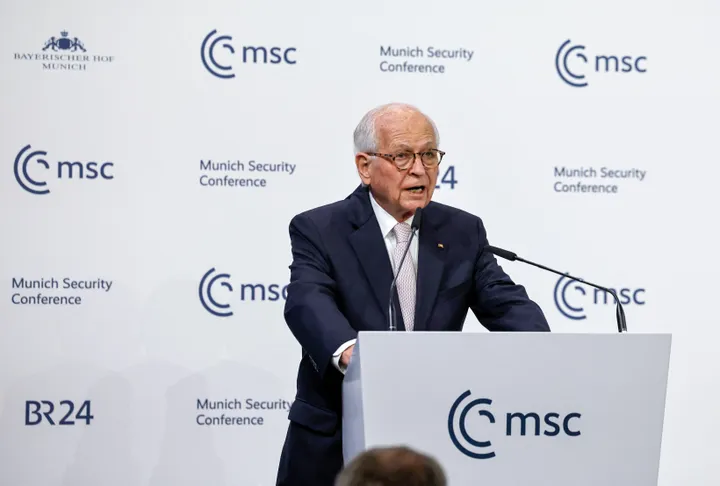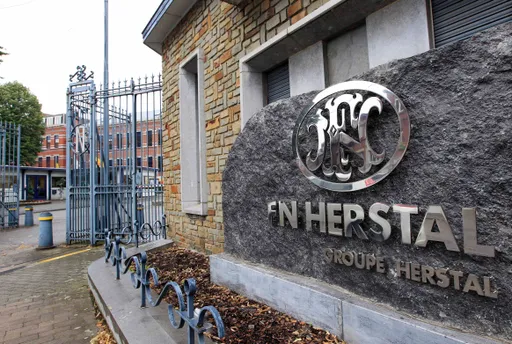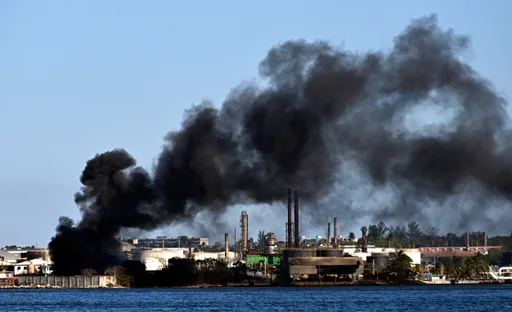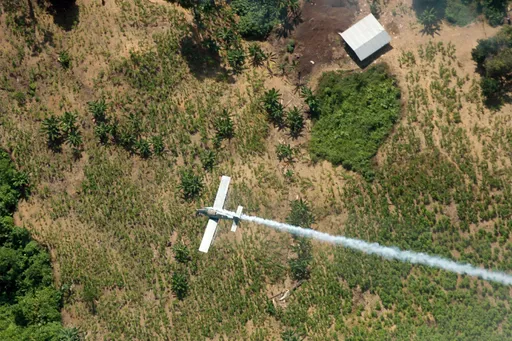British Muslims are urging a boycott of London Central Mosque following its hosting of Prime Minister Rishi Sunak, who has consistently expressed support for Israel and its actions amid the ongoing crisis in Gaza.
On the first day of Ramadan, Sunak visited the mosque, where he was hosted by its director general. He shared a video from there on his social media account extending warm wishes for a "blessed Ramadan" to Muslims across the UK.
Footage from this visit did not go down well with British Muslims, who described the event as "a betrayal of the local Muslim community" facilitated by the mosque administration.
Some individuals asserted that the mosque, also referred to as the Regent’s Park Mosque, “deserves to be boycotted just like Starbucks,” and have urged others to hold mosque administration accountable by contacting them via phone and email.
Following a surge in calls, the mosque has since closed its phone lines.
Consistent support for Israel
Weeks following Hamas's attack on October 7th, Rishi Sunak paid a two-day visit to Israel and the region to showcase British support for the Israeli government.
During his visit, Sunak expressed the UK's solidarity with Israel "during its most challenging times," as he addressed the Israeli leader Benjamin Netanyahu, saying, "We want you to win."
As the war in Gaza escalated, leaving millions of residents deprived of essentials such as water, food, electricity, medicine, and shelter over the course of months, the UK leader began to voice his concerns and call for a ceasefire.
Expressing deep concern about Israel’s recent military operation in Rafah, he called for a pause in hostilities to "build the conditions for a sustainable ceasefire." He also urged Israel to open crossings to Gaza to facilitate the delivery of international aid.
However, it is the United Kingdom that delivered authorised military exports to Israel totaling at least £474 million ($594 million) since 2015, according to a report by Human Rights Watch in December 2023. Additionally, the UK industry contributes 15 percent of the components in the F35 fighter jets currently being utilised in the bombardment of Gaza, another report says.
Some MPs in Parliament have voiced concerns about the arms exports to Israel and called for a suspension of the sales.
Anti-Muslim hatred
While the January 2025 elections are on the horizon, Britain’s unelected Prime Minister Rishi Sunak has also been facing accusations of complicity in a recent "shocking wave" of Islamophobic racism across the country.
For many, Sunak’s complicity is evident in his silence regarding the recent instances of Islamophobia within his Conservative Party, which have been exacerbated by discussions surrounding the ongoing pro-Palestine marches in London since October.
Following former Tory deputy chairman Lee Anderson's comments stating that London Mayor Sadiq Khan was under the control of “Islamists”, Khan has expressed that the "deafening silence" from Rishi Sunak and the Cabinet condones racism and confirms to many people across the country that there is a hierarchy when it comes to racism in the country.
“I am unclear why Rishi Sunak, why members of his cabinet aren’t calling this out and aren’t condemning this,” Khan said. “It’s like they are complicit in this sort of racism. The message it sends is Muslims are fair game when it comes to racism and anti-Muslim hatred."
Not only has Sunak failed to denounce hateful comments in UK politics, but he has also aligned himself with them by referring to those who chant the iconic slogan "from the river to the sea" as "useful idiots."
Later he was accused of employing an "Islamophobic trope" against Zarah Sultana, a Muslim Labour Party MP, by urging her to call on Hamas and the Houthis to de-escalate the situation in the Middle East rather than directing her concerns to the UK government.
Definition of extremism
Amidst these unfolding developments in UK politics, which often place British Muslims at the centre of political disputes, last week's decision to revise the definition of "extremism" has once again ignited controversy, fueling anger among Muslims towards the Sunak government.
Activists are concerned that the expanded definition may restrict their access to government funding and impede their ability to engage with UK lawmakers.
While the government asserts that this definition is “not statutory" and will not impact "existing criminal law," applying solely to governmental operations, many argue that anti-Muslim sentiment is driving this attempt.
Reportedly, anti-Muslim hate incidents in the UK have surged by over threefold since October 7, marking a rise of 335 percent.
Many Muslim organisations are aware of what lies ahead as they anticipate the release of a comprehensive list of the new "extremist" groups in the coming weeks.























